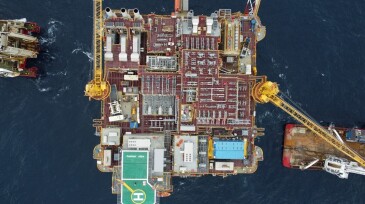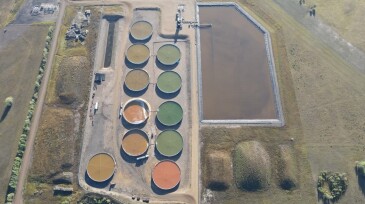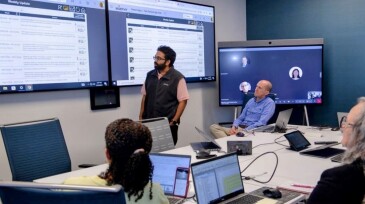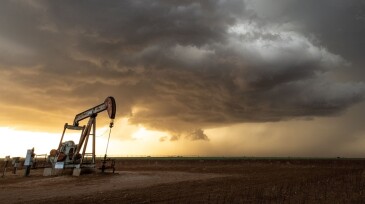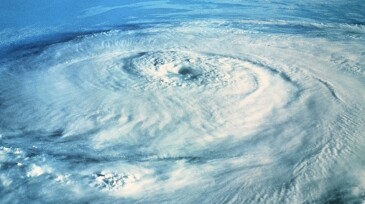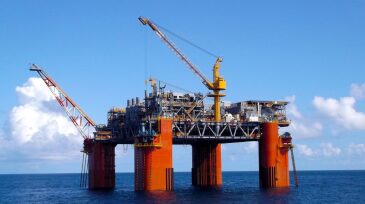
Huzeifa Ismail
Founder and Principal Consultant Chirality ResearchDr. Huzeifa Ismail is the founder and principal consultant of Chirality Research, an oil and gas consultancy focused on optimizing workflows through automation. He has more than 16 years of experience addressing challenges for the oil and gas industry in the area of engineering and data science. Ismail holds bachelor’s and master’s degrees from Brandeis University and a PhD degree in chemical physics from the Massachusetts Institute of Technology. He has authored numerous technical articles and patents.


